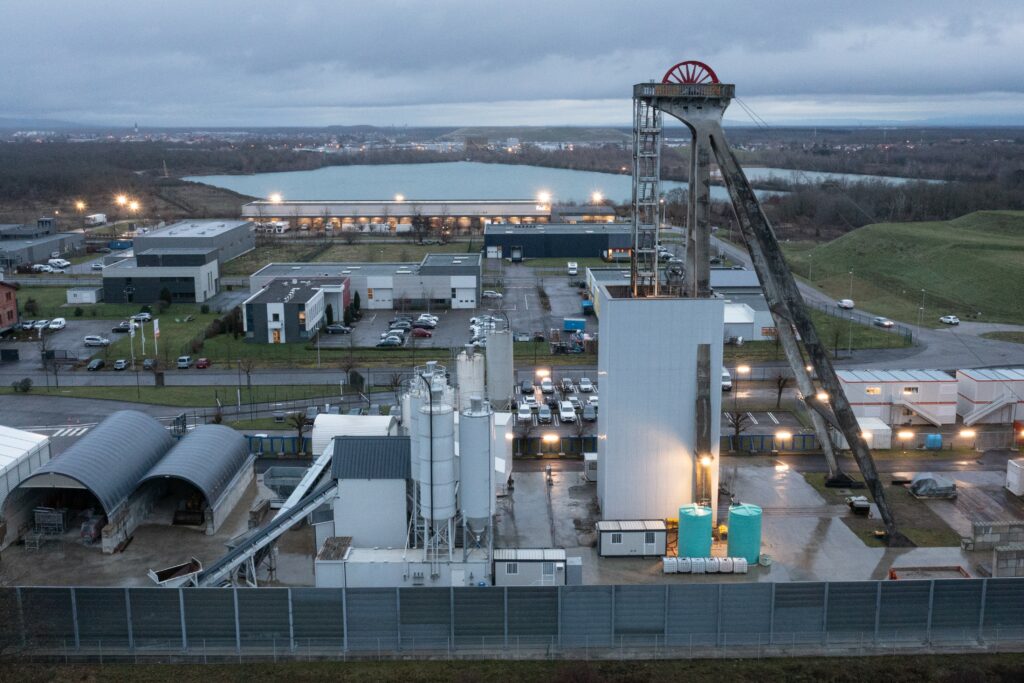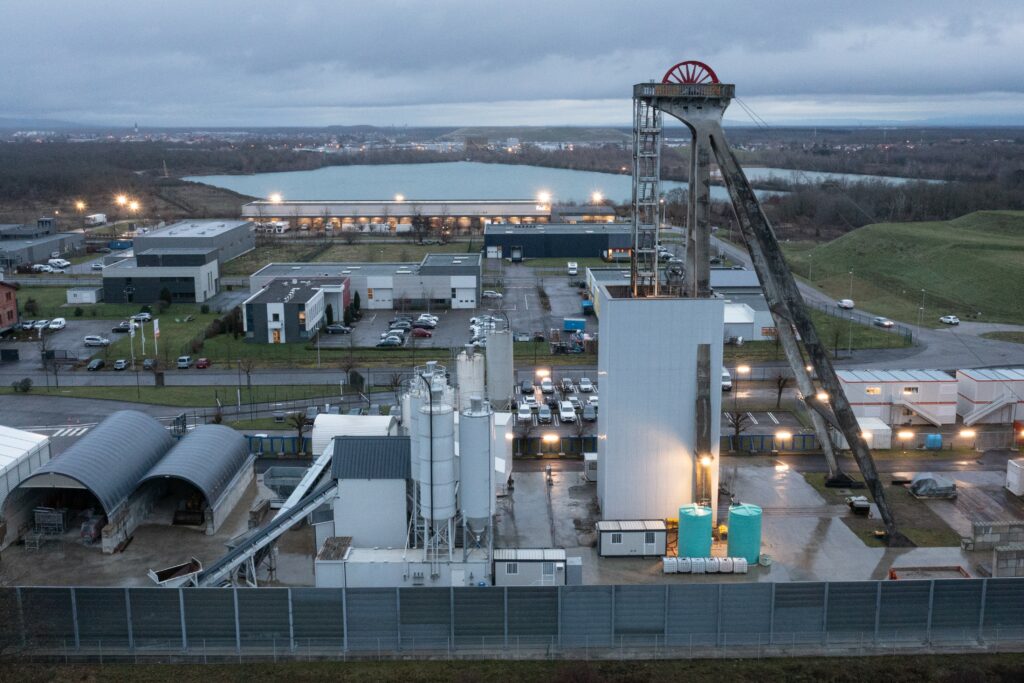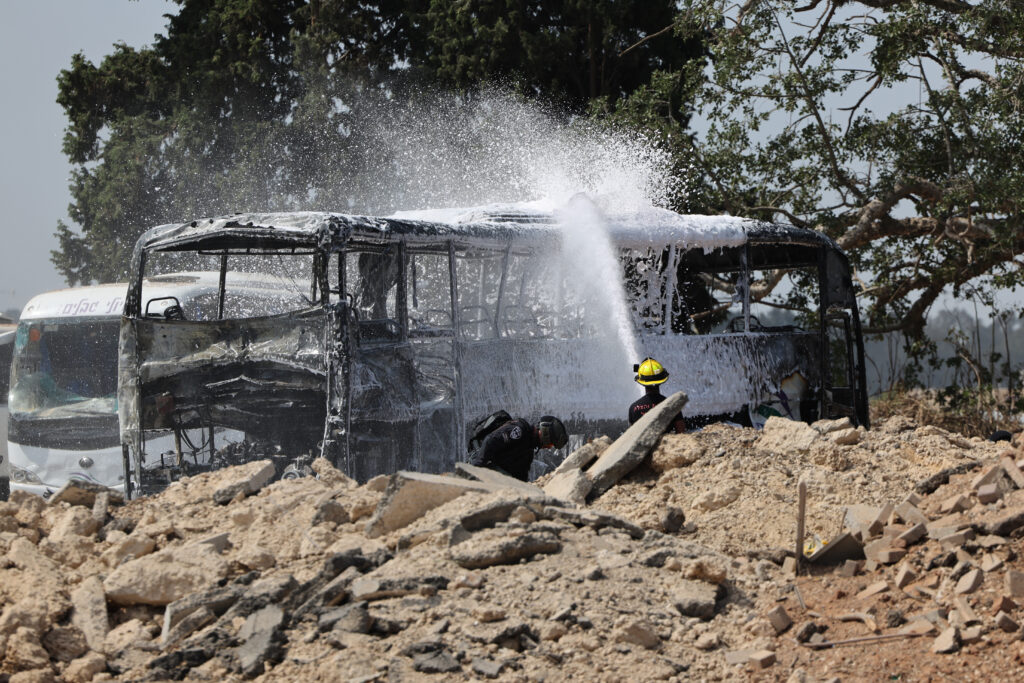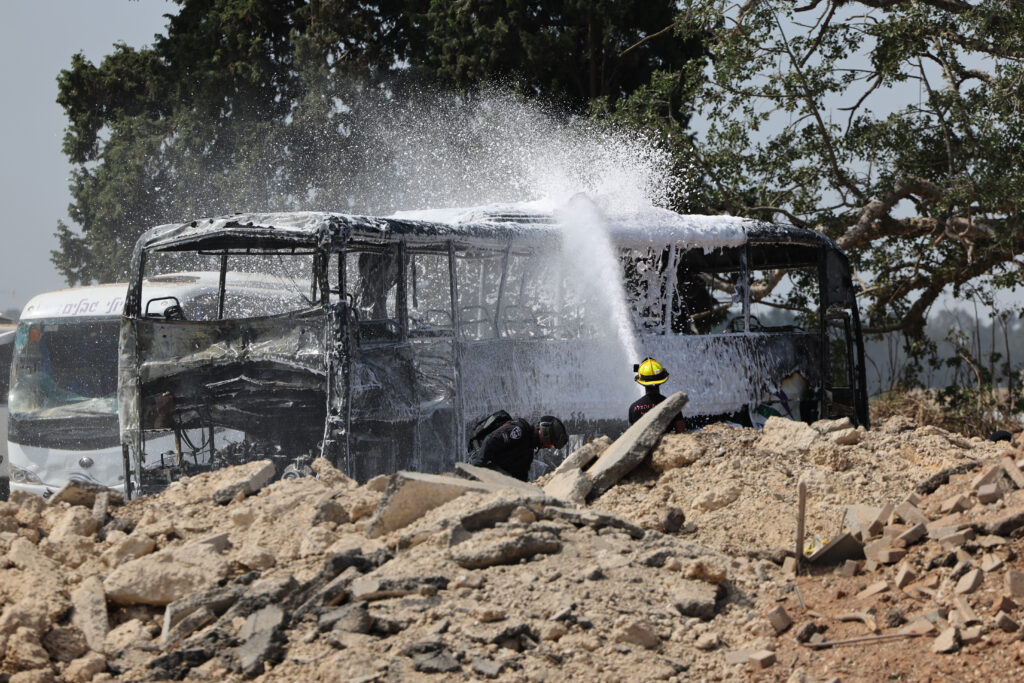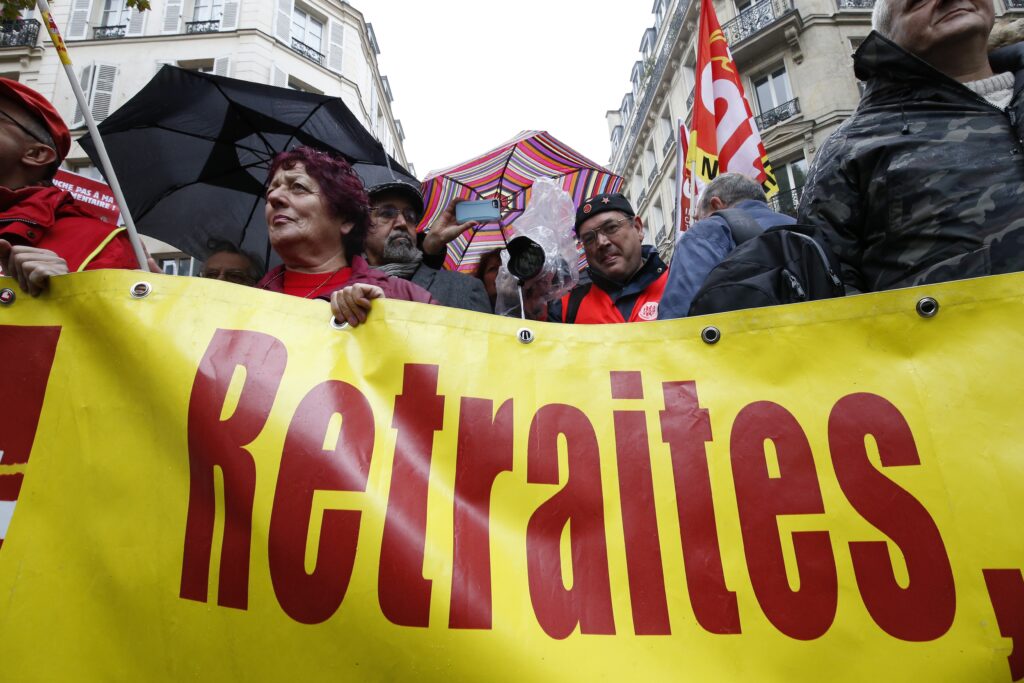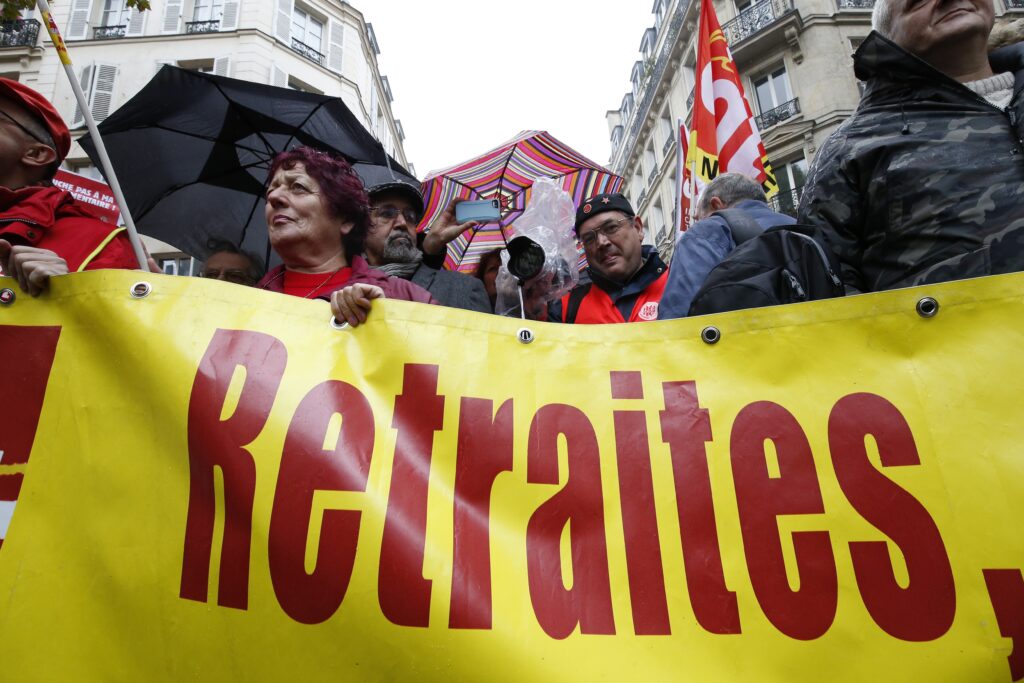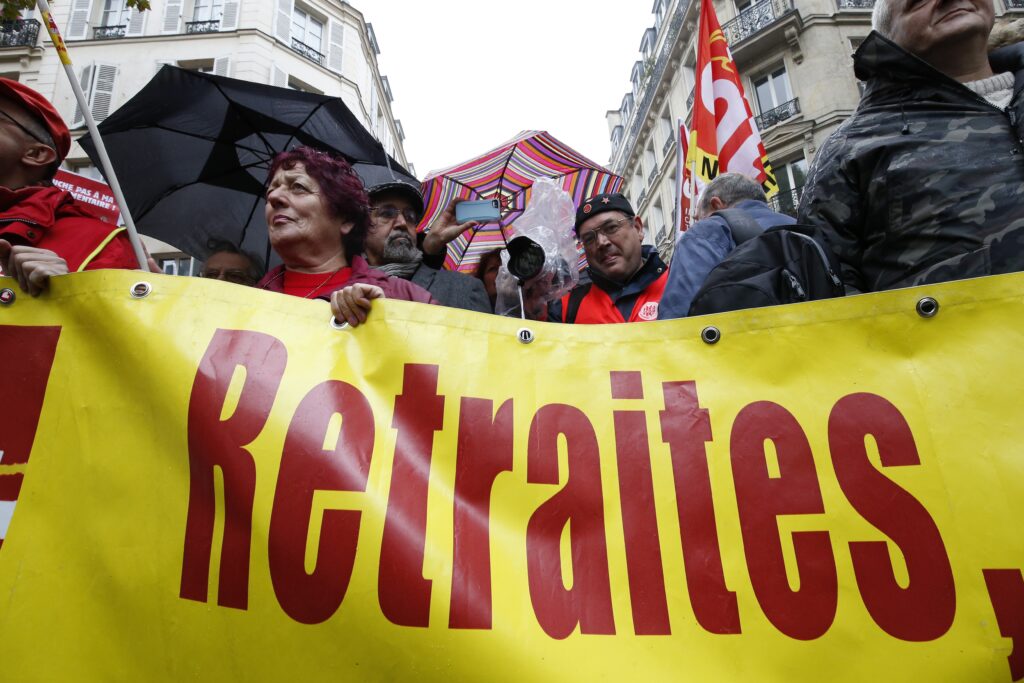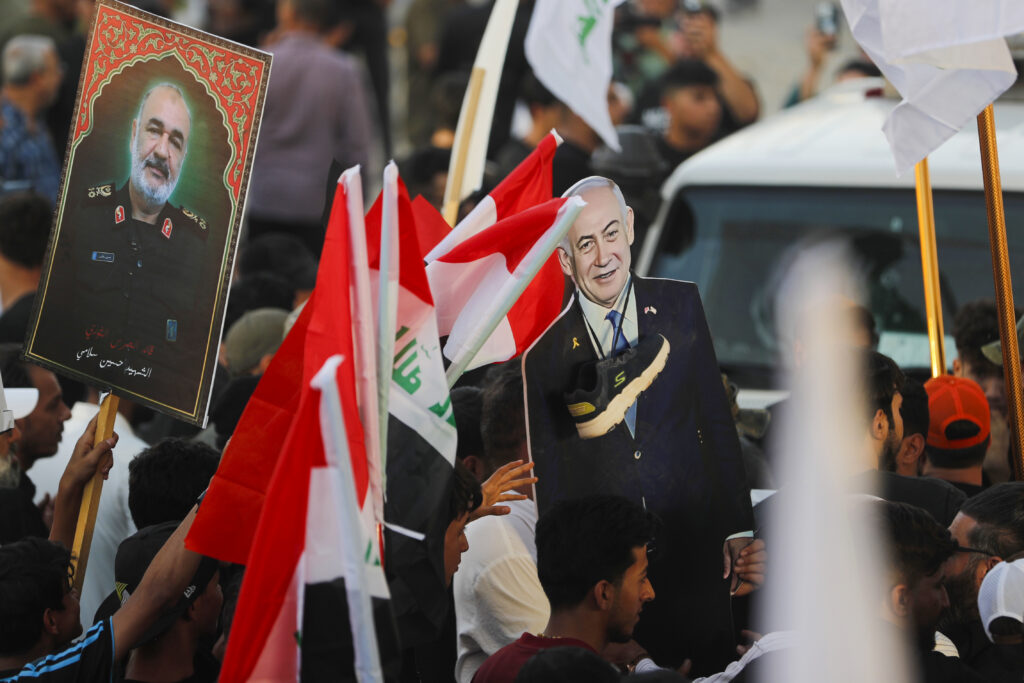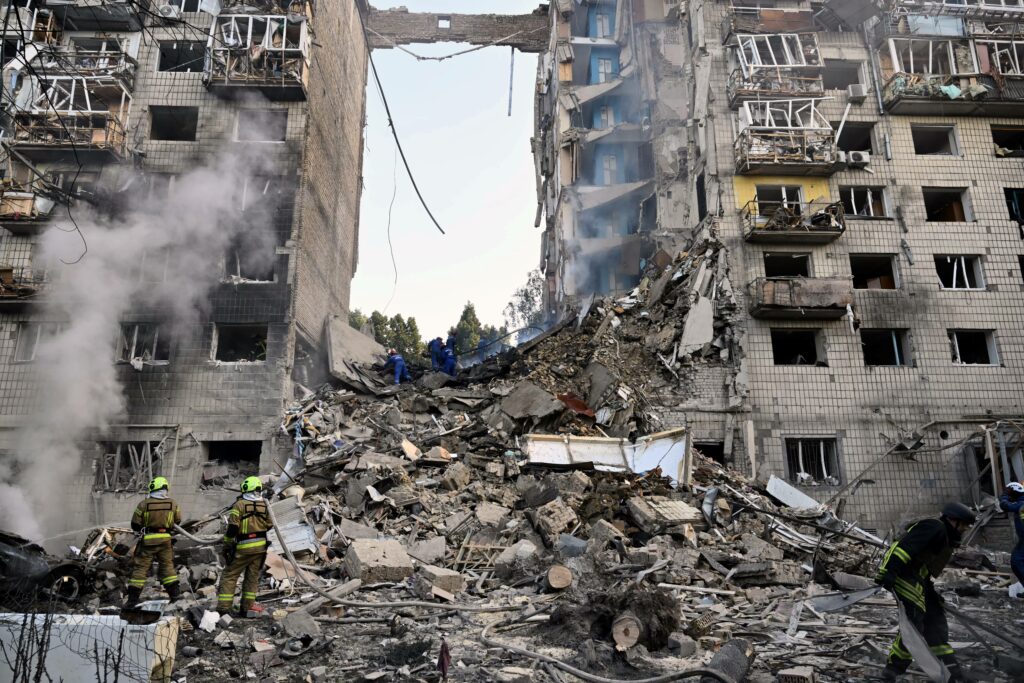Déchets toxiques: la justice autorise le confinement définitif à Stocamine
Le tribunal administratif de Strasbourg a autorisé mardi le confinement définitif de déchets toxiques sur le site de Stocamine (Haut-Rhin), rejetant les requêtes de la collectivité européenne d’Alsace, d’associations et de riverains, qui redoutent l’impact pour la nappe phréatique.Le tribunal a jugé que le déstockage des 42.000 tonnes de déchets (cyanure, arsenic, mercure…) entreposés dans cette ancienne mine de potasse à Wittelsheim, option défendue par les requérants, n’était plus réalisable en toute sécurité, notamment en raison de la dégradation des infrastructures.Le confinement définitif “constitue désormais, en l’état des meilleures techniques disponibles, la mesure la plus susceptible de préserver la ressource en eau et par suite le droit des générations futures à satisfaire leurs propres besoins”, indique le tribunal administratif dans son jugement.Cette solution consiste à construire des barrières en béton autour des blocs contenant les déchets et à remblayer les puits y donnant accès de manière à assurer une étanchéité.C’est une “déception”, a déclaré à l’AFP Stéphane Giraud, directeur d’Alsace Nature. L’association se bat en justice contre le confinement définitif des déchets. “C’est extrêmement grave puisqu’on joue avec la santé de millions de personnes, avec l’eau potable de millions de personnes”, a-t-il déploré. “Mais pour nous ce n’est pas la fin d’un combat, on ne s’interdit absolument aucune procédure légale pour faire revenir l’État à la raison dans ce dossier”. Le jugement du tribunal administratif peut faire l’objet d’un appel devant la cour administrative d’appel de Nancy dans un délai de deux mois. Il marque une nouvelle étape dans le bras de fer qui oppose depuis des années défenseurs de l’environnement et l’Etat.Si l’autorisation d’entreposer ces déchets était initialement temporaire, l’État, par un arrêté de la préfecture du Haut-Rhin du 28 septembre 2023, a prolongé pour une durée illimitée l’autorisation de stockage. La société des Mines de Potasse d’Alsace (MDPA), gestionnaire du site et détenue à 100% par l’État, a entamé depuis un vaste chantier pour couler des barrières de béton dans les galeries souterraines.- Dégradation des galeries -La décision de l’Etat et les travaux qui ont suivi suscitent une certaine opposition en Alsace. Des élus, des riverains et des associations redoutent que le maintien des déchets en profondeur, même sous le béton, ne pollue à terme la nappe phréatique d’Alsace. En cause: l’état de la mine, trop dégradé selon eux pour empêcher une infiltration d’eau qui finira, au contact des déchets, par contaminer la nappe phréatique, malgré la présence des barrières de béton.Mais le tribunal administratif a écarté la possibilité de déstockage, considérant que le confinement définitif constituait la mesure la plus susceptible de préserver l’environnement à court, moyen et long termes. A l’audience le 15 mai, le rapporteur public Alexandre Therre s’était prononcé en faveur de la poursuite des travaux de confinement, estimant que la “dégradation très significative” des galeries, où “les toits s’affaissent et les murs se rapprochent”, empêchait d’extraire “en toute sécurité” les déchets.Le jugement rendu mardi “entérine un fait accompli au mépris de l’environnement, de la santé et des alertes répétées” des citoyens et de la communauté scientifique, a déploré le député LFI du Bas-Rhin Emmanuel Fernandes dans un communiqué.”Malheureusement, ça devient une méthode de gouvernance, on le voit dans d’autres dossiers, comme l’A69 dans le sud de la France”, a renchéri Stéphane Giraud.Dans un rare communiqué transpartisan publié fin mai, neuf parlementaires alsaciens de tous bords avaient réclamé l’arrêt des travaux de confinement et le déstockage des déchets.”On ne parle pas des galeries qui ne sont pas effondrées et dans lesquelles l’extraction est encore possible” a regretté Sabine Drexler, sénatrice LR du Haut-Rhin et élue à la Collectivité européenne d’Alsace. “Et aujourd’hui vous avez une possibilité de retraitement des déchets qui n’était pas possible il y a 20 ans quand on les a descendus”, a-t-elle souligné auprès de l’AFP.Dans un rapport publié en décembre 2024, la Cour des comptes calculait que les retards successifs du chantier du confinement définitif avaient coûté à l’Etat 226 millions d’euros supplémentaires depuis 2013.
